Stop explaining, James Franco!

I've had fun watching the ongoing experimental performance art that is James Franco's career. First he stars in the Spider-Man movies and a Julia Roberts romance. Then he's on "General Hospital" playing a tortured artist named "Franco". Then he's hosting the Oscars. Then he's directing tiny indie movies about Hart Crane and Sal Mineo, and an impressionistic adaptation of As I Lay Dying. Then last year he played an ingeniously unflattering version of himself in This Is The End, and Florida drug dealer Alien in the craziest movie of the year Spring Breakers. And also starred in Oz the Great and Powerful, which wasn't good by anyone's standards but was a huge hit. Oh, and he's also had shows in art galleries and appears to be pursuing doctoral degrees at several top universities simultaneously.
James Franco is the only person I can think of whose career is in itself a smart commentary/critique of what it means to be a movie star, while also actively being a movie star. He's wildly prolific, and takes on incredibly disparate projects that I assume he's doing because he's genuinely interested in trying new things. Especially if those things fuel speculation about his sexuality, like the "30 Rock" episode where his character, "James Franco", is having a secret romance with a Japanese body pillow, or last year's Interior. Leather Bar., which he directed and starred in, which re-imagines 40 minutes of gay S&M footage cut from Cruising. I don't know what he's doing, exactly, but I admire him for it.
But his latest trend of writing these explanatory pieces for the Times are starting to ruin it. Last year he wrote about why he posts so many selfies on Instagram, describing the up-close-and-personal access the public feels like they're getting through the celebrity selfie. Today he's got an opinion piece about Shia LaBeouf's recent anti-celebrity antics, which he thinks are part of LaBeouf's effort to "reclaim his public persona." It's a smart piece, and I'm sure his ideas about why famous people rebel against celebrity are accurate.
But he's too close to tipping his hand. I don't want to read James Franco's essays about how his appearances on "General Hospital" dismantle the hierarchy of entertainment. I just want the freaky, confusing experience of watching his scenes on YouTube, which he pretty much pulls off. I want to be confused. Whatever James Franco is doing is a lot more interesting when he does it without explanation.
Out of the ten (!) movies he's got scheduled to come out later this year, one is an adaptation of The Sound and the Fury. He's directing. And playing Benjy. It will also feature Seth Rogen and Danny McBride. This movie sounds utterly impossible and probably disastrous, but I want to see it anyway -- I just don't want to read Franco's philosophical musings about his craft and why Caddy smells like trees.
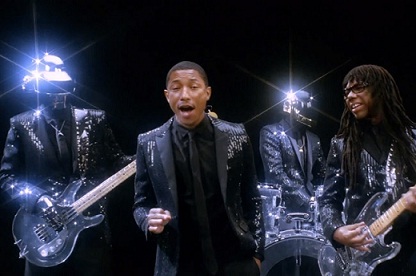
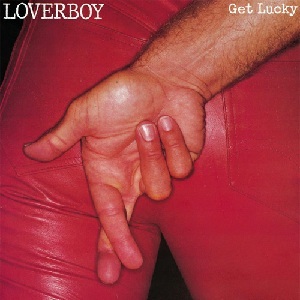
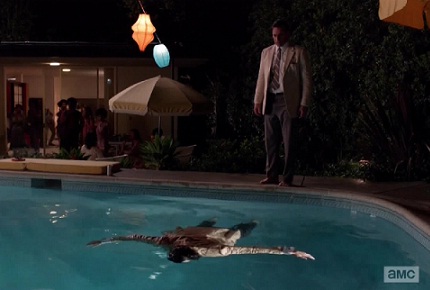

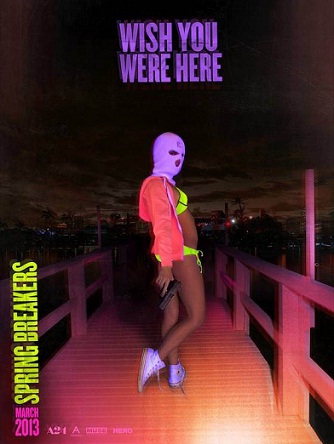

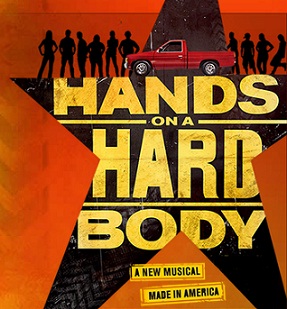

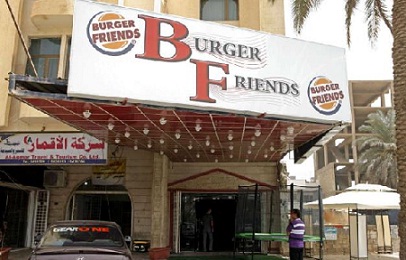
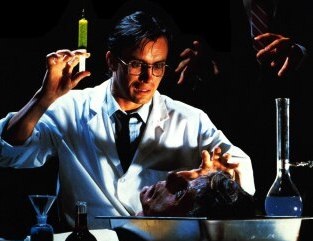
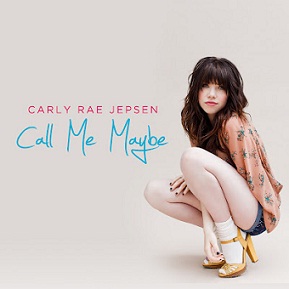


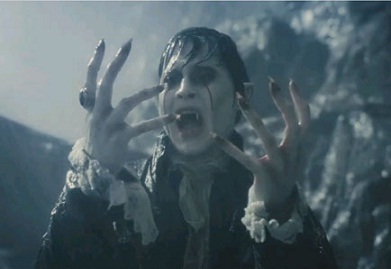






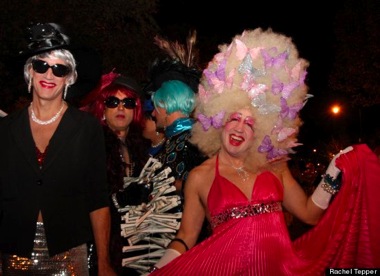

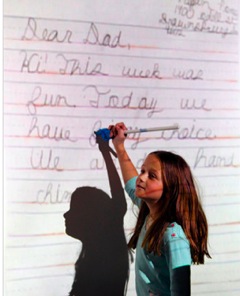








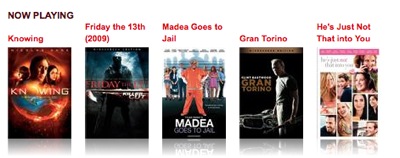


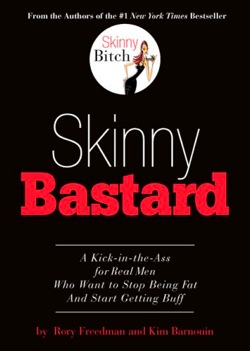






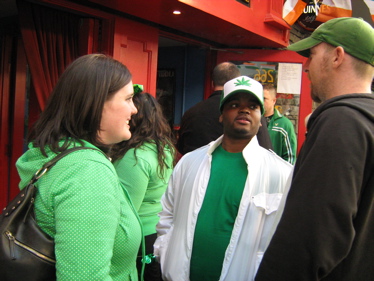
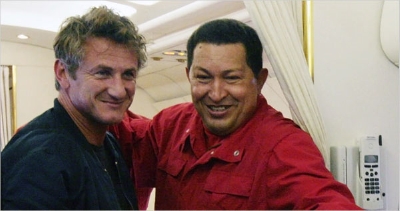
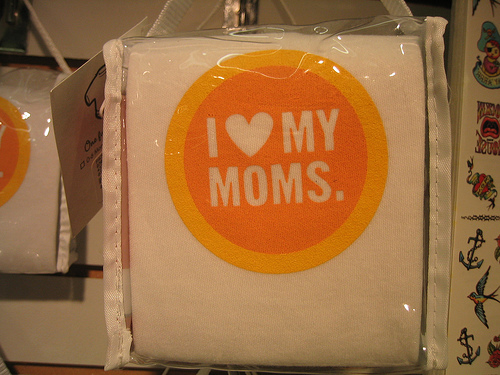


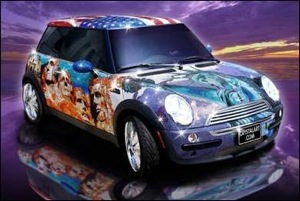
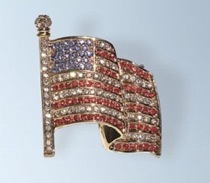
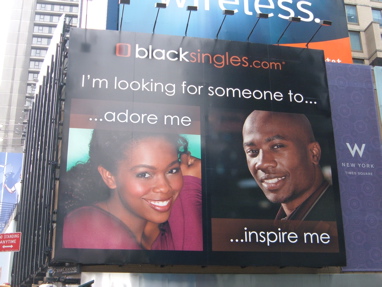

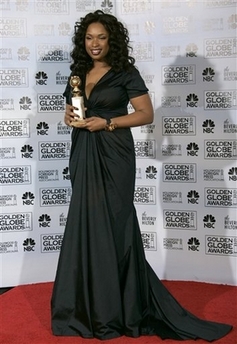
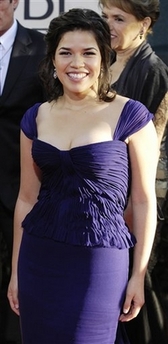





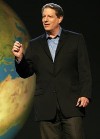

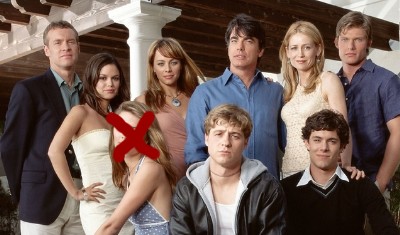





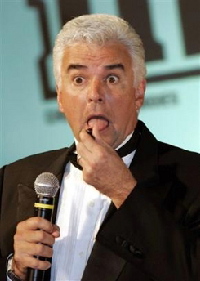


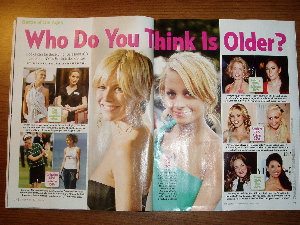










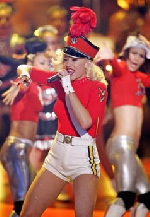
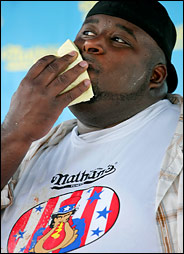




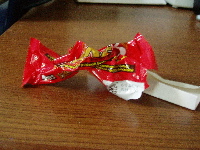



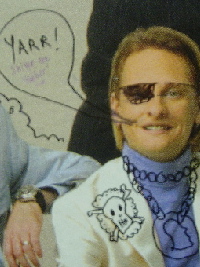

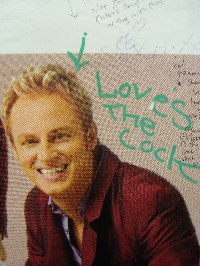
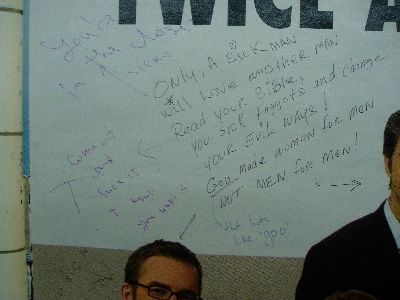


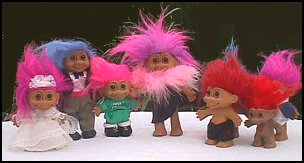


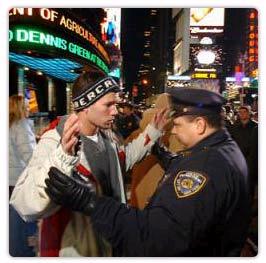
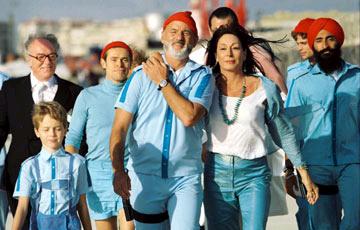

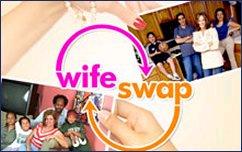





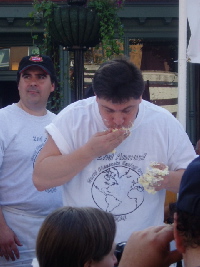






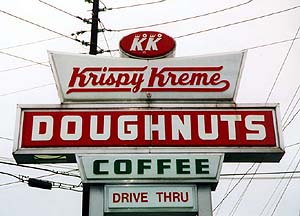

 The Guardian says that due to mainstream interest in super heroes, Lord of the Rings, and high tech, "
The Guardian says that due to mainstream interest in super heroes, Lord of the Rings, and high tech, "




 In this week's "On Language" column, William Safire explains how
In this week's "On Language" column, William Safire explains how  The grammatical point that Safire is making here is one that people seem to be forgetting lately: it is incorrect to write "I'm not sure what to think of the girl dancing." Instead, you should write "I'm not sure what to think of the girl's dancing." But according to Robert Burchfield, the editor of the new edition of
The grammatical point that Safire is making here is one that people seem to be forgetting lately: it is incorrect to write "I'm not sure what to think of the girl dancing." Instead, you should write "I'm not sure what to think of the girl's dancing." But according to Robert Burchfield, the editor of the new edition of  I don't think David Foster Wallace would be happy with this turn of events at all. You may remember
I don't think David Foster Wallace would be happy with this turn of events at all. You may remember